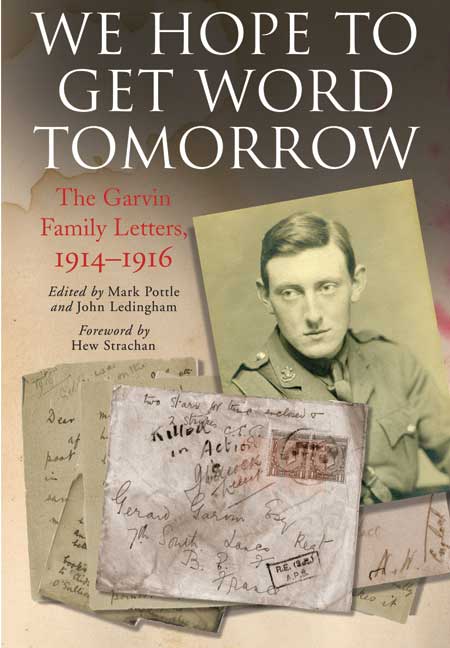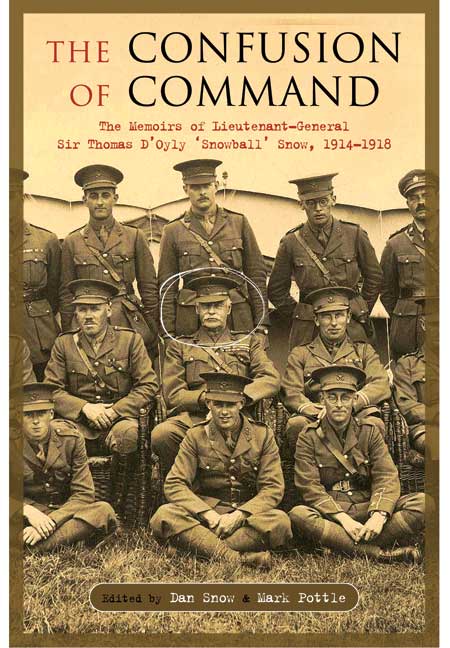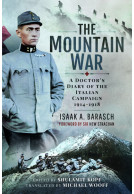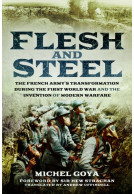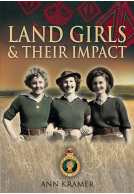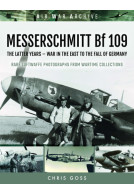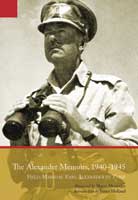We Hope to Get Word Tomorrow (Hardback)
The Garvin Family Letters 1914-1916

Pages: 304
ISBN: 9781848325456
Published: 17th September 2009
Last Released: 30th September 2009
(click here for international delivery rates)
Order within the next 11 hours, 15 minutes to get your order processed the next working day!
Need a currency converter? Check XE.com for live rates
| Other formats available - Buy the Hardback and get the eBook for free! | Price |
|---|---|
| We Hope to Get Word Tomorrow ePub (2.0 MB) Add to Basket | £6.99 |
This fascinating collection of letters traces the exchanges between a young subaltern on the front, Gerard 'Ged' Garvin, and his mother and father at home. Correspondence was eagerly awaited by all. Ged savoured letters home like 'Jim Hawkins trickling the doubloons through his fingers'. Equally, his mother and father at home were always fearful that each letter they received would be the last. In a letter J. L. Garvin sent to his son 21 July 1916 he wrote: 'Of course there's no fresh letter from you and we didn't expect it. But we hope, all the same, to get word tomorrow . . .' Ged was killed the very next day. He was just twenty years old.
Few editions of First World War letters include those from home as well as from the front. That Ged's father was J. L. Garvin (1868-1947) - editor of The Observer and an important figure in pre-war politics and society - adds a further dimension to this fascinating collection. During the war J. L. Garvin was in almost daily contact with those at the head of political and military affairs, and his letters gave Ged the view of the nerve centre. They are remarkable for their reflections on the war and its management - or in Garvin's view its mismanagement - and for the character sketches of major figures of the day, such as Churchill, Lloyd George, and Admiral 'Jacky' Fisher. His mother, Christine, meanwhile wrote of family and domestic affairs showing the impact of war on every day life.
The three-cornered correspondence therefore combines three distinct narratives: the view of the subaltern at the front; the view from the editor's office at The Observer; and the view from the head of a substantial household. Taken together they vividly capture the experience of a family during the First World War.
There is a good selection of black and white photographs. Extensive end notes complete the book... A genuine addition to our knowledge and an insight into the strain on the emotional bonds of family at the time of the greatest uncertainty, stress and loss.
The Long, Long Trail
This absorbing book uses a collection of personal letters exchanged between a young officer on the Western Front and his father and mother in England. It really does reflect on every facet of the war at home and in the trenches. There are some striking parallels with the correspondents’ view of their war and the public view of the war we are fighting today.
Soldier magazine
A fascinating selection of letters which traces the exchanges between a young subaltern on the Front and his mother and father.
Britain at War Magazine
This book stands out as one of those all too rare works where a collection of letters from the Front makes a real impact on the reader … An absolute must have.
Mark Marsay, Great War Magazine
Poignant and deeply moving
The Observer
I can seldom recall reading an exchange an exchange of letters from World War One which, in its stark, unadorned...
Sir Alistair Horne
Particularly fine and moving.
Literary Review
It is not only a book which brings you an understanding of life in the trenches, but it is also a piece of social history - family dynamics of the time - and political interest also. I read every single page, and would highly recommend it.
Amazon.uk customer review
Most readers, I feel sure, will find something memorable in this exchange of one family’s letters during World War I. For me it was Ged Garvin’s reading in dismal and often dangerous conditions (the titles are listed in an appendix), and his description of the natural world: the dawn sky over Salisbury Plain, for example, and scenes in France. His father’s accounts of private meetings with Churchill gave me new insights into one of that statesman’s most troubled periods, and into Garvin’s insider status. His wife’s letters to their son include references to the food, clothing, and toiletries she sent or was shopping for (itemized in another appendix). The narrative created by these letters, with its terribly sad ending, was clarified for me by the book’s photographs, maps, and forward by a leading historian, as well as the editorial apparatus: a wartime chronology, biographical notes, a glossary, and identification of places mentioned. Anyone interested in World War I will want to own a copy.
Martha S. Vogeler, Emeritus Professor of English, California State University, Fullerton
'The enemy has got to be fought everywhere and hard...Everything is going very well indeed and no one minds the losses as long as we are moving.' The never-before-published papers of General Sir Thomas D'Oyly Snow provide a remarkable insight into the mindset of the Great War commanders. Despite being severely injured during the first Battle of the Marne – when his horse fell and rolled over him, cracking his pelvis – Snow served at some of the most important battles of the Western Front. His memoirs include the battle of Loos, the second battle of Ypres, the battles of Arras and Cambrai,…
By Mark Pottle, Dan SnowClick here to buy both titles for £44.99







